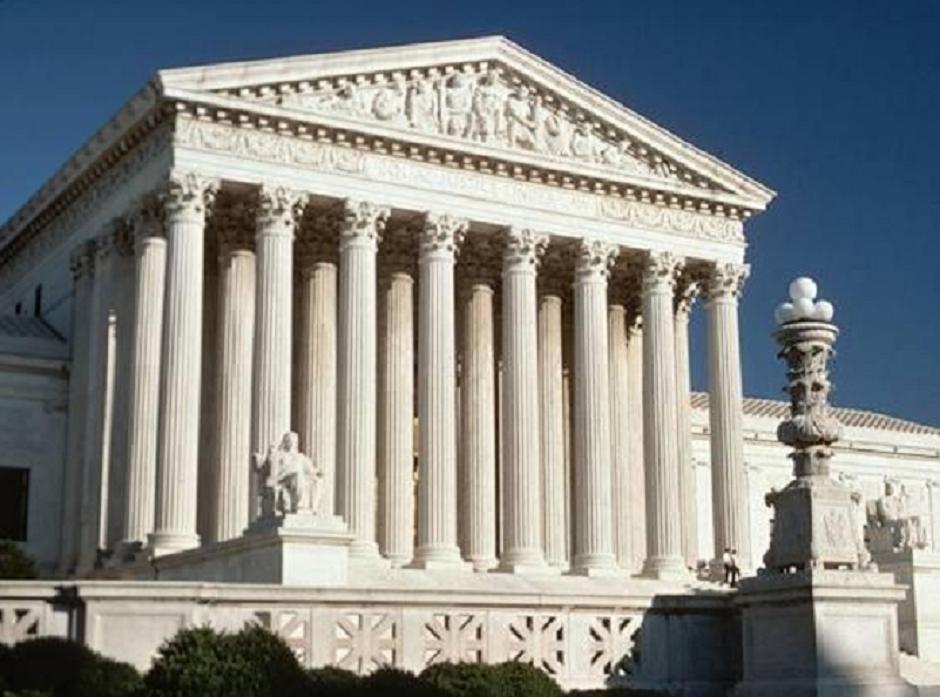Learned Hand on the Politics of Judicial Appointments
In debates over potential reforms to the judicial appointments process, there seems to be a pervasive sense that the problem of politicization is a relatively new one. In terms of the frequency with which the Senate rejects even highly qualified nominees and the extent to which overt partisanship has crept into the evaluation of candidates for lower courts, that sense seems pretty accurate. More than either of his two most recent predecessors, President Obama has had a difficult time securing Senate approval of his picks for the judiciary, as I previously discussed here.
I think it’s helpful to appreciate, however, that the basic problem of partisanship trumping merit as a determinant of judicial appointments is anything but new. Recently, I was reading Gerald Gunther’s biography of Learned Hand and came across a reminder of how the appointments process has long been an overwhelmingly political affair, even for lower-court judgeships. Gunther explains that when Jerome Frank’s death in the late 1950s left vacant a seat on the Second Circuit, advocates from opposing political orientations lobbied heavily for their favored candidates to receive the next appointment. Many Republicans pushed for the selection of Leonard Moore, the U.S. Attorney for E.D.N.Y., while Democrats favored Irving Kaufman, the federal judge who had presided over the espionage trial of Julius and Ethel Rosenberg. Moreover, many on both sides appear to have viewed the choice between Moore and Kaufman as essentially political rather than merit-based. One of the significant arguments made in favor of Kaufman, for example, was that elevating him to the Second Circuit could function as a way for the President and Senate to signal their approval of his handling of the Rosenberg trial, of which leftist organizations had been fiercely critical.

